Modern Platforms, Evolving Doctrine
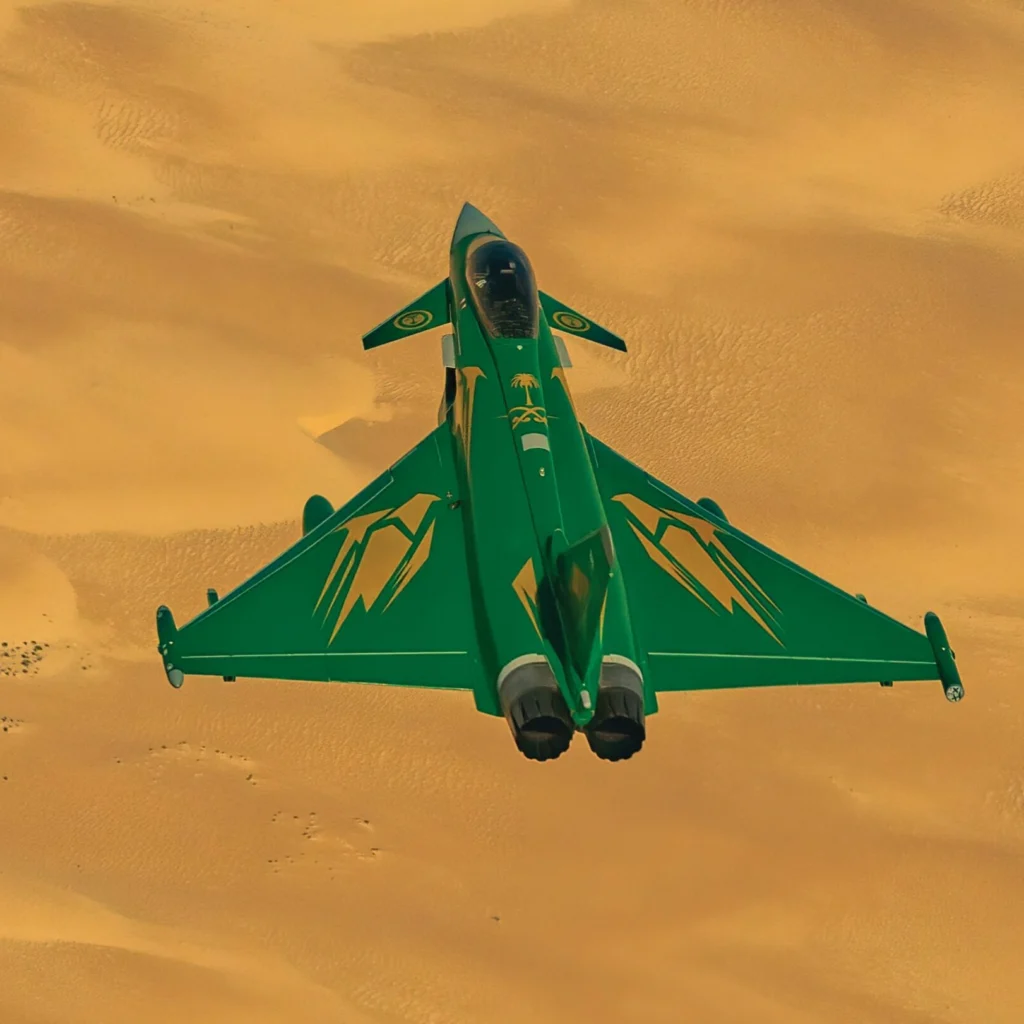
The Gulf’s air-power evolution is increasingly shaped by the fusion of advanced platforms with modern doctrine and faster decision cycles. As regional forces adapt to complex threat environments, partners like Pakistan, whose operational experience spans multiple domains, are becoming part of the broader conversation on future air-power thinking.
Why Kabul’s Trade Boycott Hurts Itself More Than Pakistan
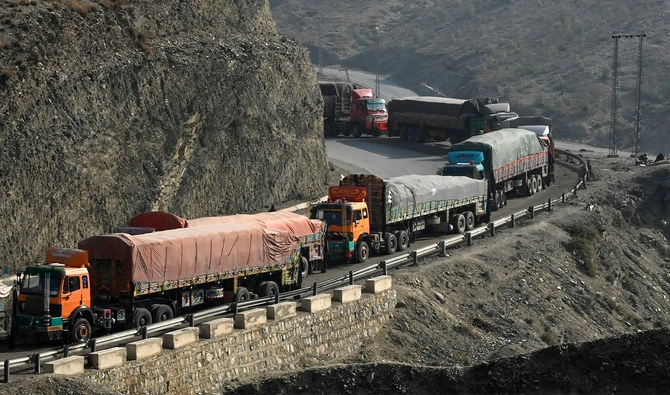
Afghanistan’s bid to pivot trade away from Pakistan after the October 2025 closures reveals the limits of sovereignty without geography. Islamabad’s leverage remains structural, grounded in security and logistics, not coercion.
The Re-Emergence of Terror: Afghanistan as a Global Terrorist Hub
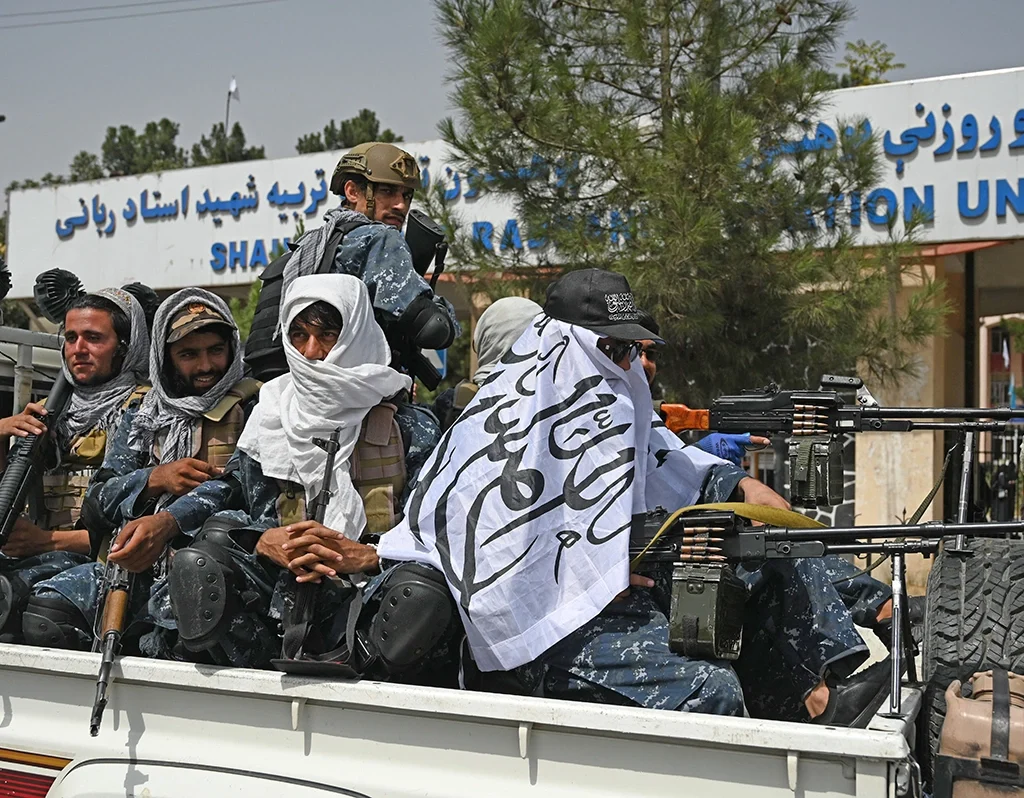
The Taliban’s return to power has revived Afghanistan’s role as a global Terrorist hub. Despite pledges under the 2020 Doha Agreement, the regime continues to shelter and enable groups such as Al-Qaeda, TTP, and ETIM, creating a volatile nexus of terrorism that threatens regional stability and global security. As internal conflicts deepen and governance collapses, Afghanistan’s transformation into an ideological sanctuary ensures a cycle of chaos and suffering that primarily victimizes its own people.
Broken Promises: The Taliban’s Betrayal of Global Commitments
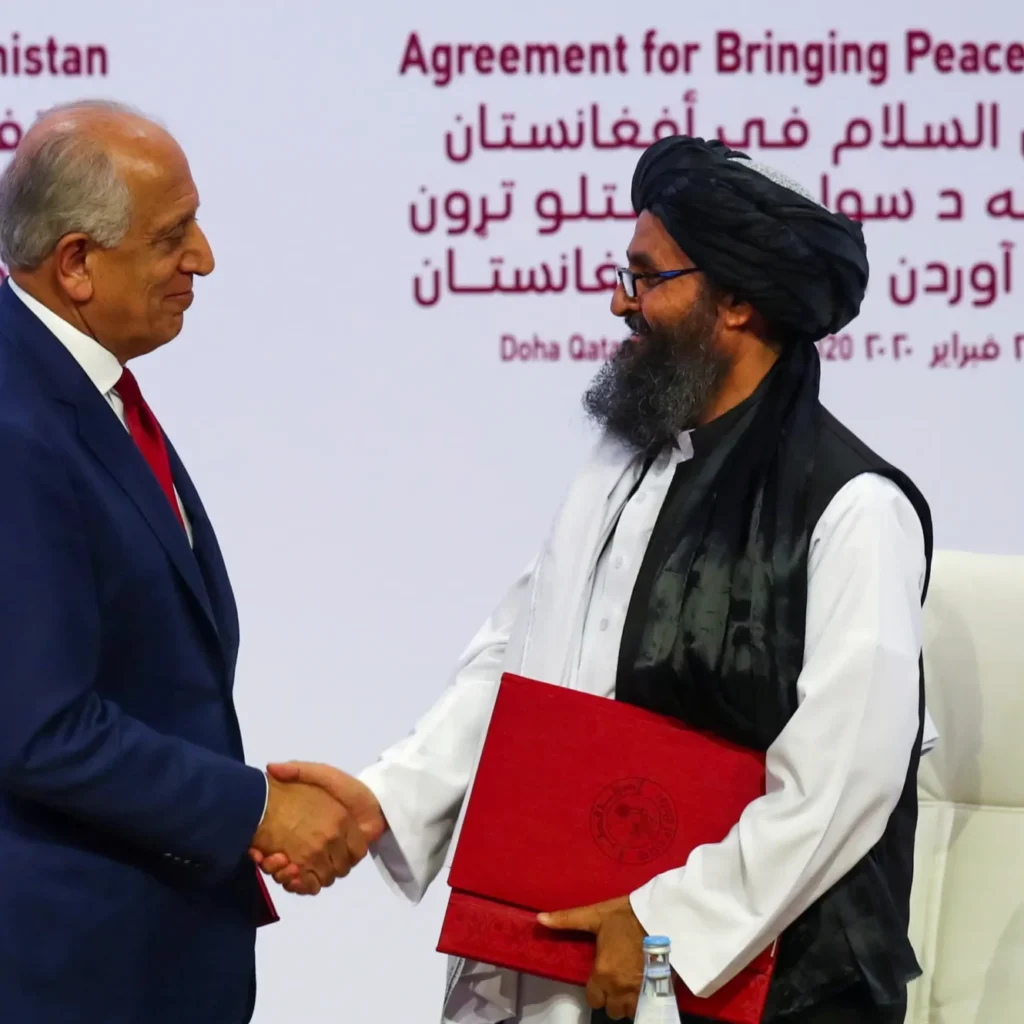
Nearly three years after seizing power, the Taliban’s systematic violation of their international commitments under the 2020 Doha Accord has transformed Afghanistan into a sanctuary for terrorism, entrenched an autocratic regime, and institutionalized gender apartheid. Beyond moral failure, this deceit poses a grave threat to regional stability, international counterterrorism efforts, and the credibility of global diplomacy. Holding the regime accountable is now a strategic necessity, not a choice.
What is Durand Line?
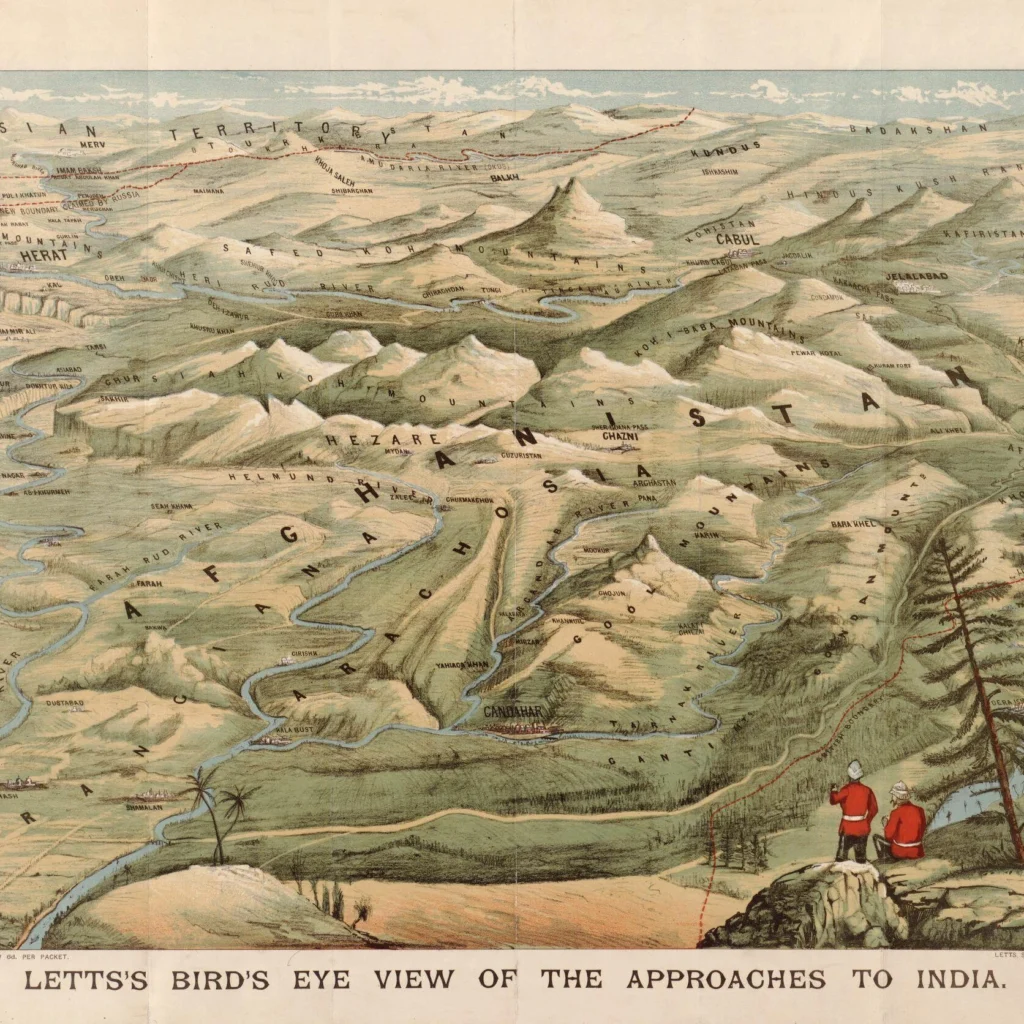
The Durand Line, a 2,670-kilometer border drawn in 1893 between Afghanistan and British India, remains one of South Asia’s many contentious frontiers. Rejected by every Afghan government but recognized internationally, it symbolizes the region’s colonial legacy and ongoing power struggles. This backgrounder explores its origins in the Great Game, the legal and political controversies surrounding it, and its lasting impact on Pakistan-Afghanistan relations and regional security.
Train to Nowhere: Religious diversity and partition of hearts
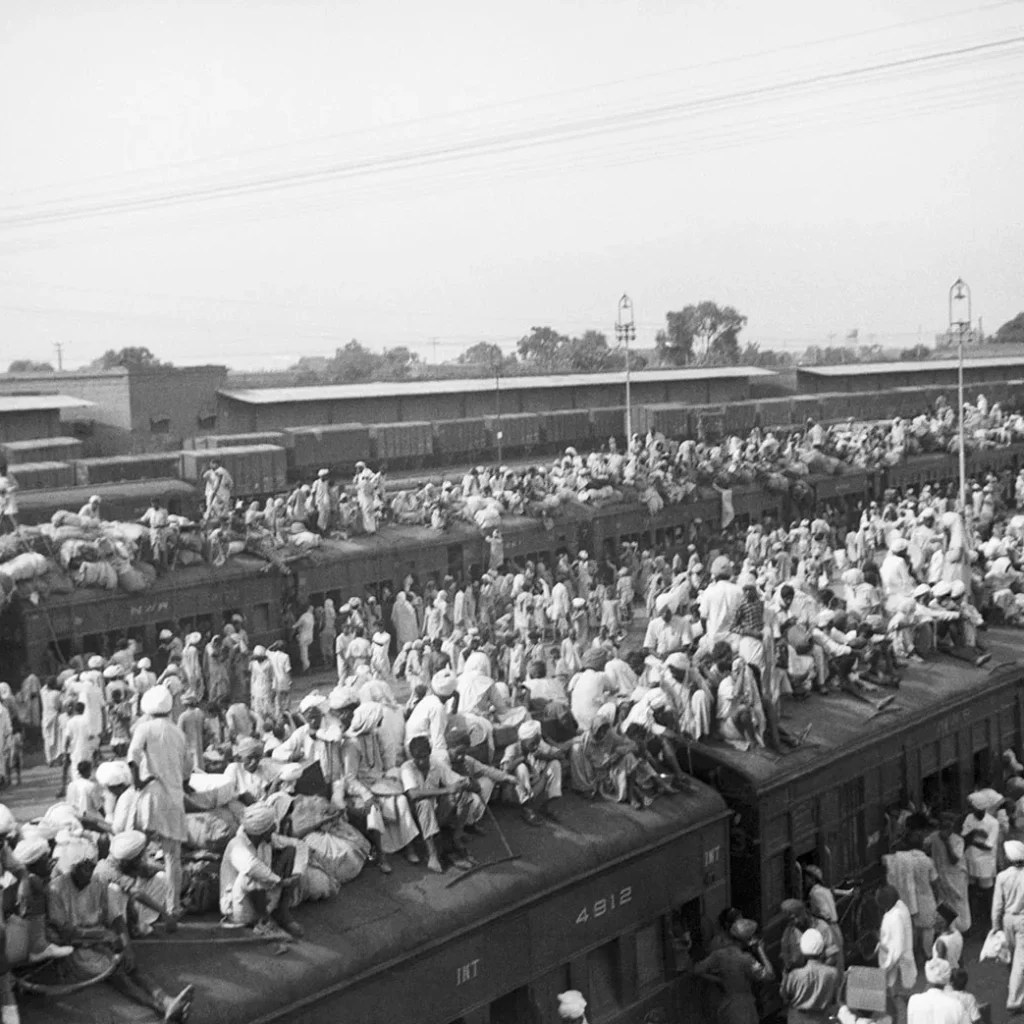
In 1947, Punjab’s trains carried not passengers but memories — of unity turned to horror, of a land where coexistence once thrived before borders tore it apart. Train to Nowhere revisits that plural Punjab, where rivers, shrines, and songs united hearts beyond creed, reminding us that remembrance itself is resistance.
Ghosts of Divide and Rule Still Haunt South Asia
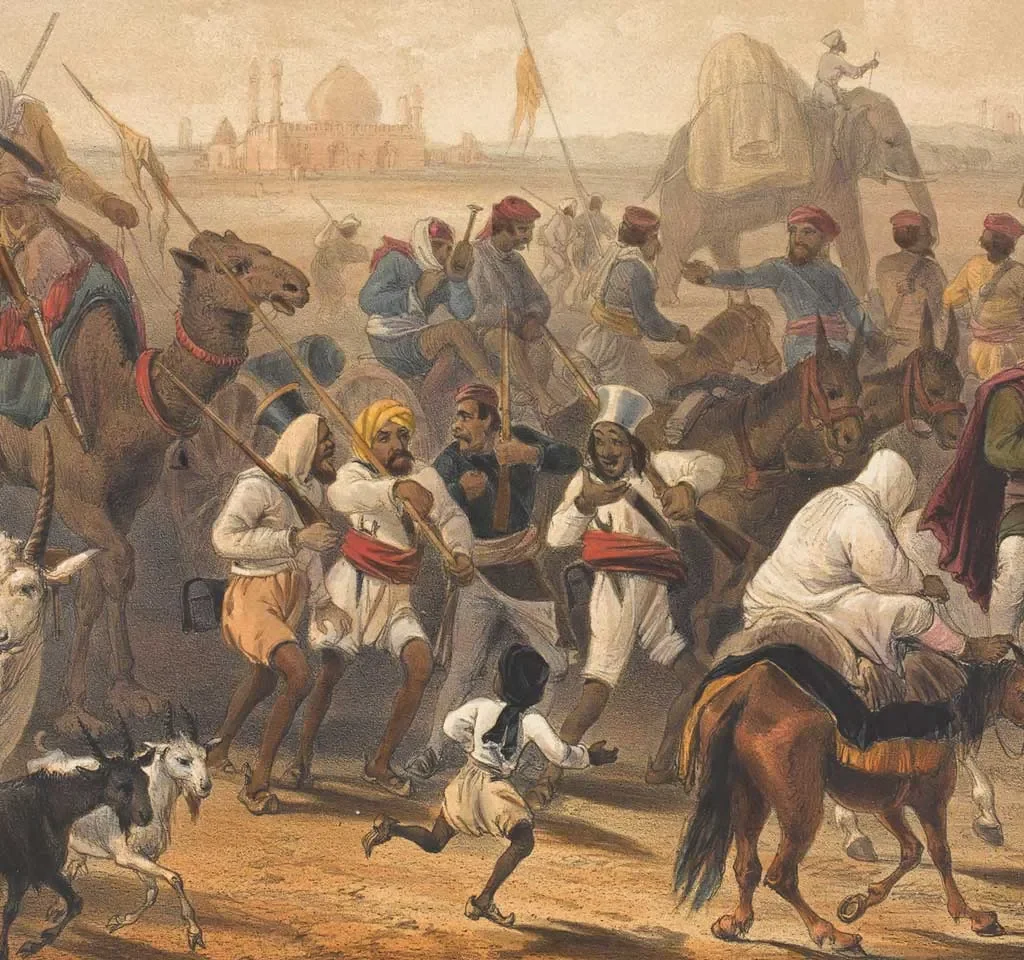
The British did not just govern India; they divided it. For nearly two centuries, the deliberate policy of “divide and rule” reshaped the subcontinent’s diverse communities into rival camps. By the time the British left in 1947, the wounds of division ran so deep that Partition was not just likely but inevitable, leaving a tragic legacy that continues to haunt South Asia today.
Nepal’s Counter-Revolt: Challenge for the Communist and the Left in South Asia
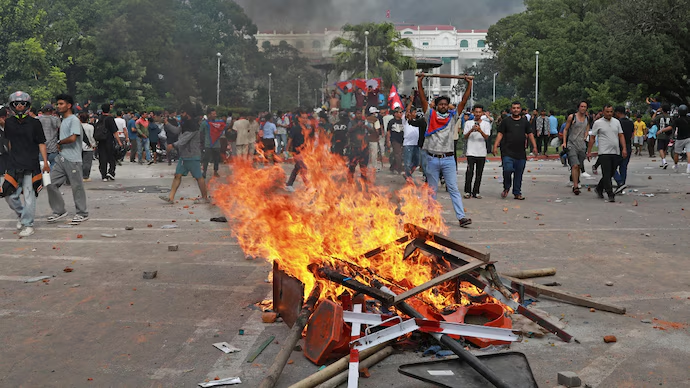
Nepal’s counter-revolt exposes decades of political betrayal by mainstream and leftist parties alike. Despite revolutionary promises to abolish feudalism, ensure sovereignty, and deliver land reforms, leaders from Congress to Maoists succumbed to corruption and power politics. Today’s uprising is both a rejection of failed communist leadership and a warning for the Left in South Asia.
Pakistan’s Defence Modernization: Between Sovereignty and Strategic Synergy
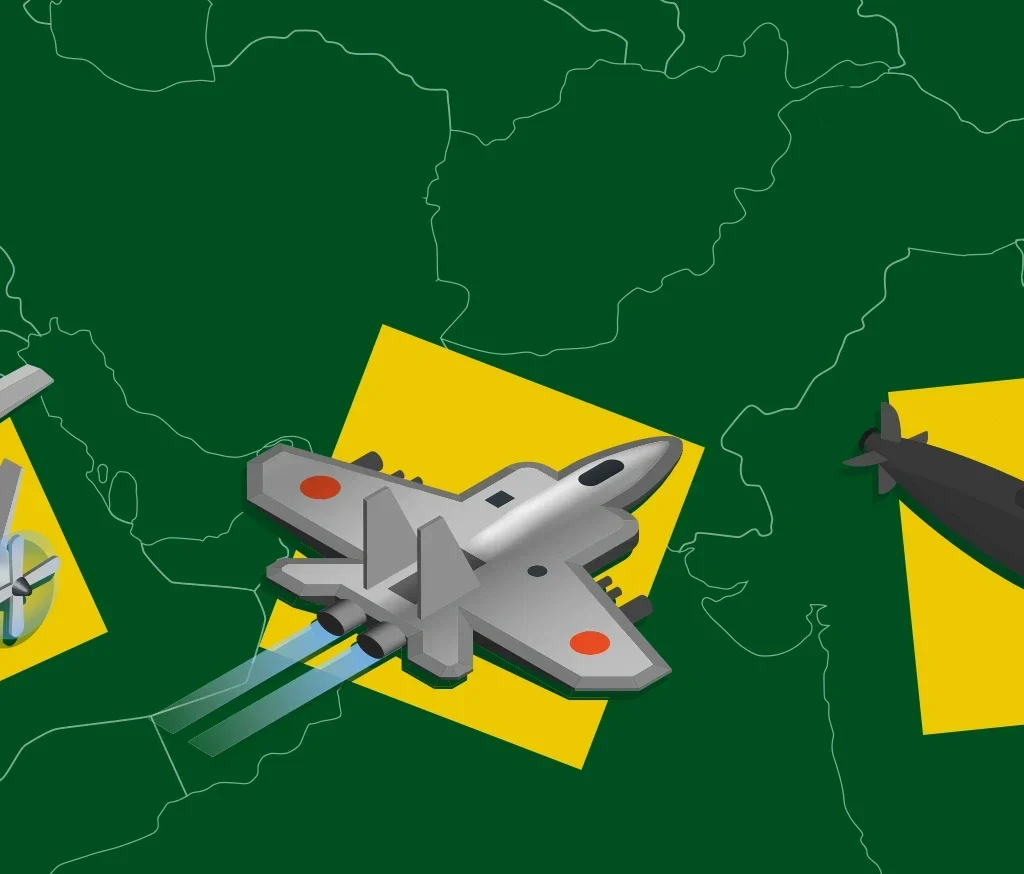
Pakistan’s defence modernization reflects a shift from dependence on foreign suppliers to indigenous innovation, marked by platforms like the JF-17 Thunder, Al-Khalid tank, and indigenous UAVs. While partnerships with China and Turkey remain vital, the future hinges on balancing sovereignty, economic constraints, and strategic sustainability. The challenge is not only to build power but to wield it wisely.
The Cult of the Celebrity-Politician: Why Charisma is South Asia’s Greatest Democratic Threat
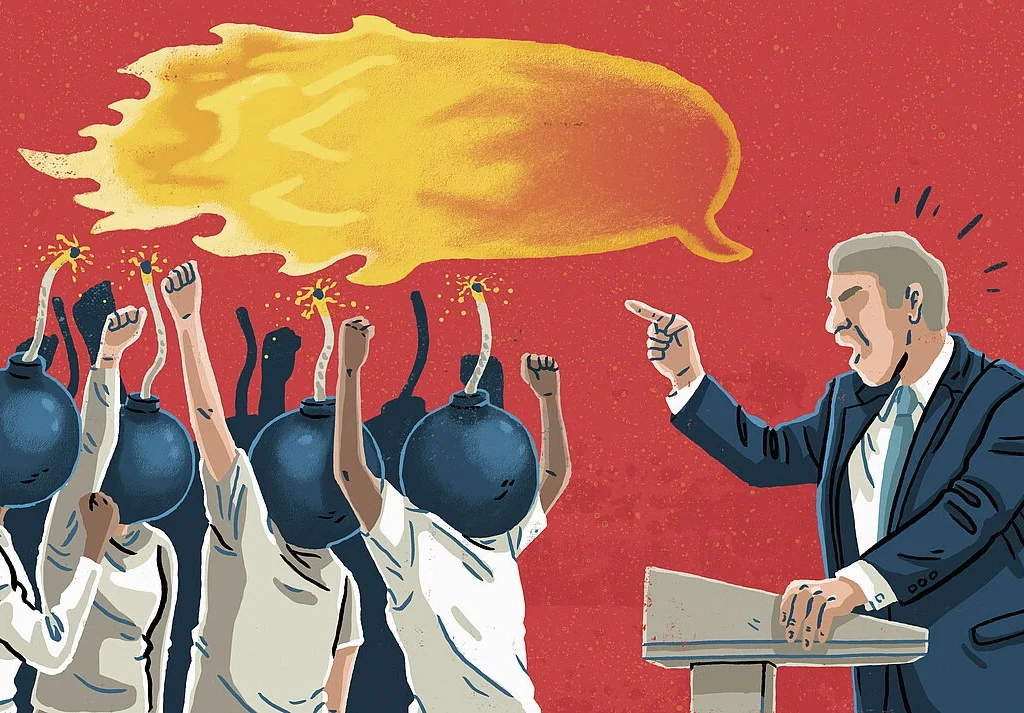
South Asia’s democracies are being hollowed out by the cult of celebrity-politicians. Charisma is eclipsing competence, leaving institutions weakened.
